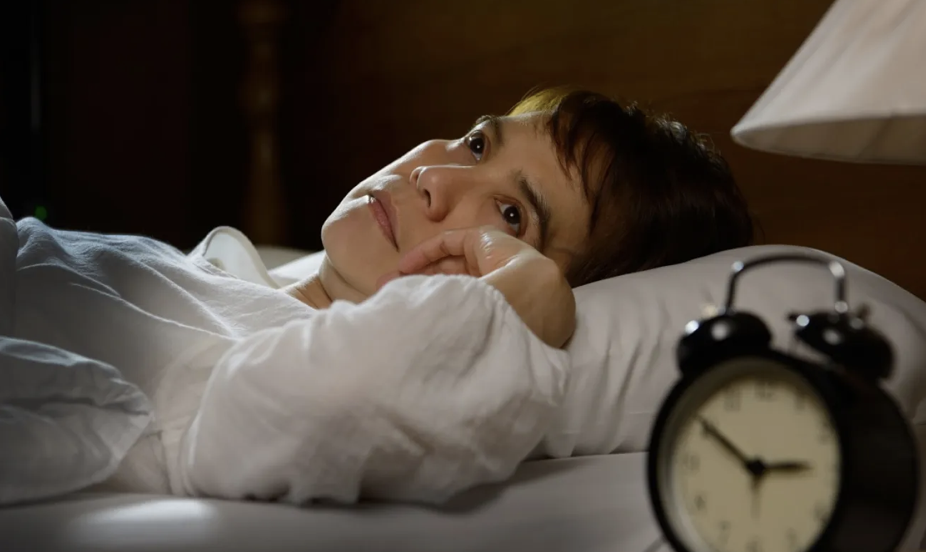As the warmth of summer gives way to colder temperatures, many find their peaceful slumber disrupted during winter nights. The transition from comfortably sleeping through summer nights, aided by air conditioning, to struggling with sleeplessness as the weather cools down is a common experience. If you’ve been having difficulty falling and staying asleep more frequently during winter, you’re not alone. This seasonal shift often leads to bouts of insomnia and disrupted sleep patterns. Understanding the reasons behind this phenomenon might offer insights into how to achieve better rest during chilly nights.
Julia Siemen, a certified sleep science coach at Sleep Advisor, highlights one significant reason for winter insomnia—shorter days. The decrease in daylight hours and reduced exposure to sunlight can disturb the body’s natural sleep cycle. Sunlight impacts melatonin, a hormone crucial for regulating the circadian rhythm and sleep-wake cycle. Siemen explains that less morning light results in less suppression of melatonin, making it challenging to feel fully awake during the day. Moreover, earlier sunsets lead to a less significant decrease in melatonin levels at bedtime, affecting sleep quality.
Dr. Jade Wu, a clinical psychologist and behavioral sleep specialist, underscores the importance of significant differences in daytime and nighttime light exposure for optimal circadian functioning. Spending time outdoors during the day and reducing bright screen usage in the evenings becomes crucial, especially in winter, to support our circadian clocks.
Aside from reduced sunlight exposure, changes in bedroom temperature during winter can also disrupt sleep, notes Michael Breus, PhD, founder of The Sleep Doctor. While the optimal sleep temperature for most people ranges from 68 to 72 degrees Fahrenheit, winter often prompts adjustments to room temperature, either too warm or too cold. Overheating the sleep space with extra blankets or warmth can interfere with the body’s natural temperature drop required for sleep onset. Conversely, excessively cold conditions, particularly chilly feet, contribute to nighttime wakefulness.
Breus recommends maintaining a comfortably warm sleep environment using natural, breathable fabrics that allow heat circulation without overheating. Additionally, he suggests warming extremities like feet with dedicated sleeping socks if prone to feeling cold at night.
Beyond temperature-related issues, other factors impacting winter sleep include dry air, holiday stress, irregular schedules, increased social activities, and reduced physical activity, notes Sanam Hafeez, PsyD, a neuropsychologist and director of Comprehend the Mind.
Dry winter air can lead to breathing difficulties, disrupting sleep due to nasal congestion and throat dryness. Holiday-related changes in routine, stress, and irregular schedules often disrupt normal sleep patterns. Moreover, reduced physical activity in colder weather affects sleep quality, as regular exercise supports better sleep.
Managing stress post-holidays and maintaining physical activity levels can significantly impact sleep quality during winter and beyond. Understanding these various factors can aid in improving sleep hygiene and better managing sleep patterns during the winter months.

